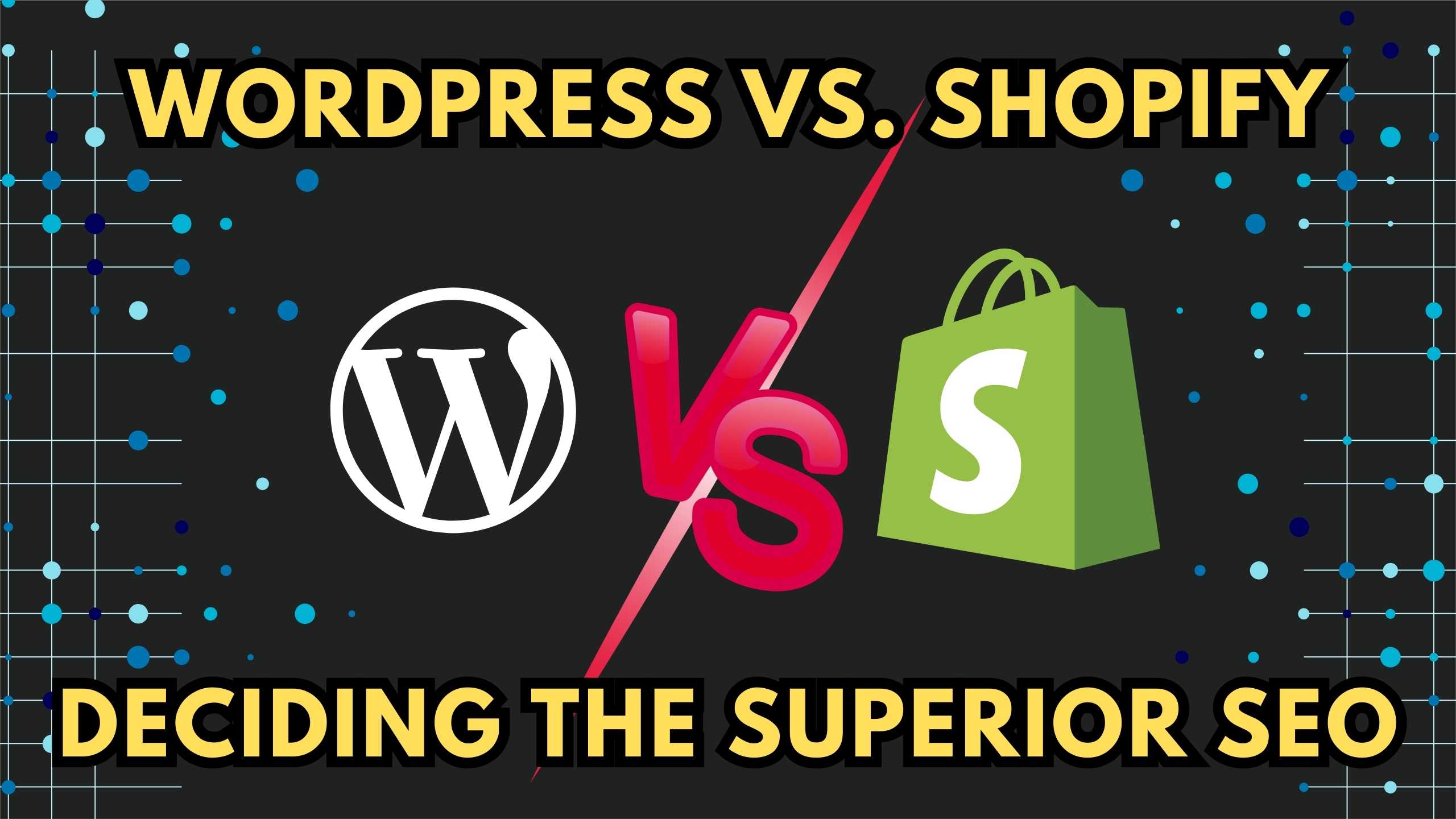WordPress vs. Shopify: Deciding the superior SEO
- WebOps Platforms Bug Tracking & Feedback Software Web Development & Design


WordPress vs. Shopify: Deciding the Superior SEO
When it comes to establishing a robust online presence, choosing the right platform is paramount. In the showdown between WordPress and Shopify, the stakes are high, especially concerning SEO. In this comprehensive guide, we’ll dissect the SEO capabilities of both platforms, helping you make an informed decision for your website. Along the way, we’ll introduce relevant SaaS products that complement these platforms and enhance your overall SEO strategy.
WordPress: The SEO Powerhouse
WordPress, a content management giant, has long been celebrated for its SEO-friendly architecture. Its open-source nature, extensive plugin ecosystem (like Yoast SEO), and customizable permalink structures make it a favorite among SEO enthusiasts. With WordPress, you have unparalleled control over your on-page SEO elements, ensuring that your content is optimized to its fullest potential.
Shopify: E-commerce SEO Mastery
Shopify, designed with e-commerce in mind, boasts robust SEO features tailored for online stores. Its clean URL structures, built-in mobile optimization, and ease of use make it an attractive choice for those diving into e-commerce. While it may not be as versatile as WordPress, Shopify excels in streamlining the SEO process for product pages and categories, ensuring that your online store ranks competitively.
Content Creation and SEO Plugins
WordPress’s extensive library of SEO plugins, including Rank Math and All in One SEO Pack, empowers users to fine-tune their SEO strategies. On the Shopify side, apps like SEO Manager and Plug in SEO provide focused tools for optimizing product listings and meta tags, ensuring your e-commerce site remains search engine-friendly.
Speed and Performance Optimization
WordPress users can leverage plugins like WP Super Cache and W3 Total Cache for performance optimization. In contrast, Shopify handles speed and performance behind the scenes, offering a hassle-free experience for users without the need for additional plugins.
Structured Data and Rich Snippets
Both platforms support structured data, aiding in the display of rich snippets on search engine results pages. WordPress users can utilize plugins like Schema for enhanced structured data, while Shopify automatically generates structured data, simplifying the process for e-commerce stores.
Recommended SaaS Products for SEO Enhancement
- Yoast SEO: Elevate your WordPress site’s SEO with Yoast, offering a comprehensive suite of tools for content optimization.
- Rank Math: Enhance your WordPress SEO strategy by leveraging the features provided by Rank Math, a user-friendly SEO plugin.
- SEO Manager (Shopify): Optimize your Shopify store’s SEO effortlessly with the SEO Manager app, focusing on product listings and meta tags.
- Plug in SEO (Shopify): Streamline your Shopify site’s SEO with Plug in SEO, ensuring your e-commerce store remains search engine-friendly.
- Subscribed.fyi: Access exclusive deals on essential SaaS tools to boost your website’s SEO. Sign up for free to unlock secret deals and elevate your WordPress or Shopify site’s SEO game.
Conclusion
In the WordPress vs. Shopify SEO battle, the choice depends on your website’s nature and goals. WordPress excels in content-focused sites, providing flexibility and control, while Shopify caters to e-commerce ventures, prioritizing product visibility and mobile optimization. Consider your specific needs, content structure, and long-term goals when making this crucial decision.
Optimize Your Website with Subscribed.fyi!
Ready to take your website’s SEO to new heights? Subscribed.fyi offers exclusive deals on essential SaaS tools, ensuring your SEO strategy is top-notch. Sign up for free to unlock secret deals and propel your WordPress or Shopify site to SEO excellence.
Relevant Links:








